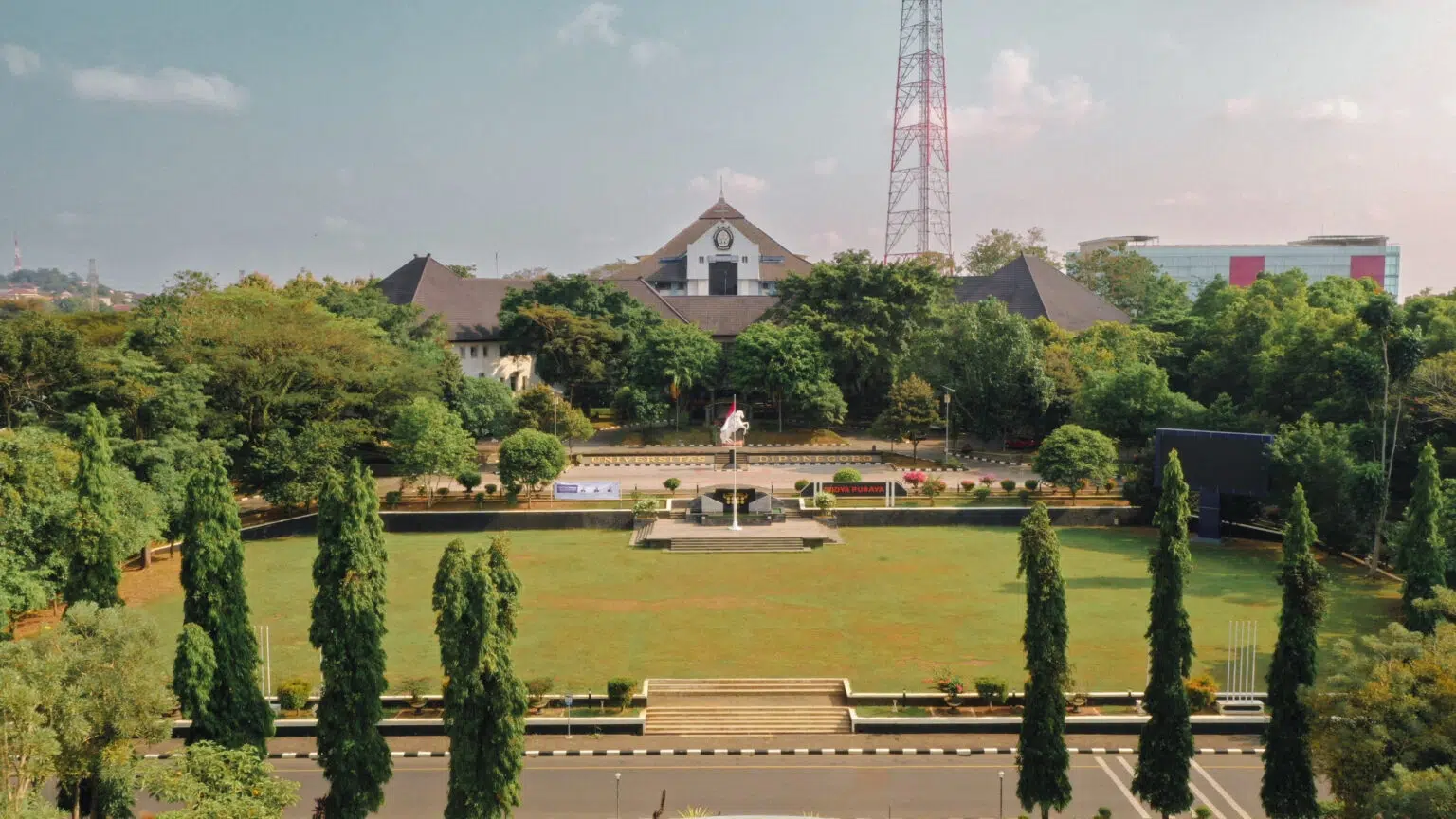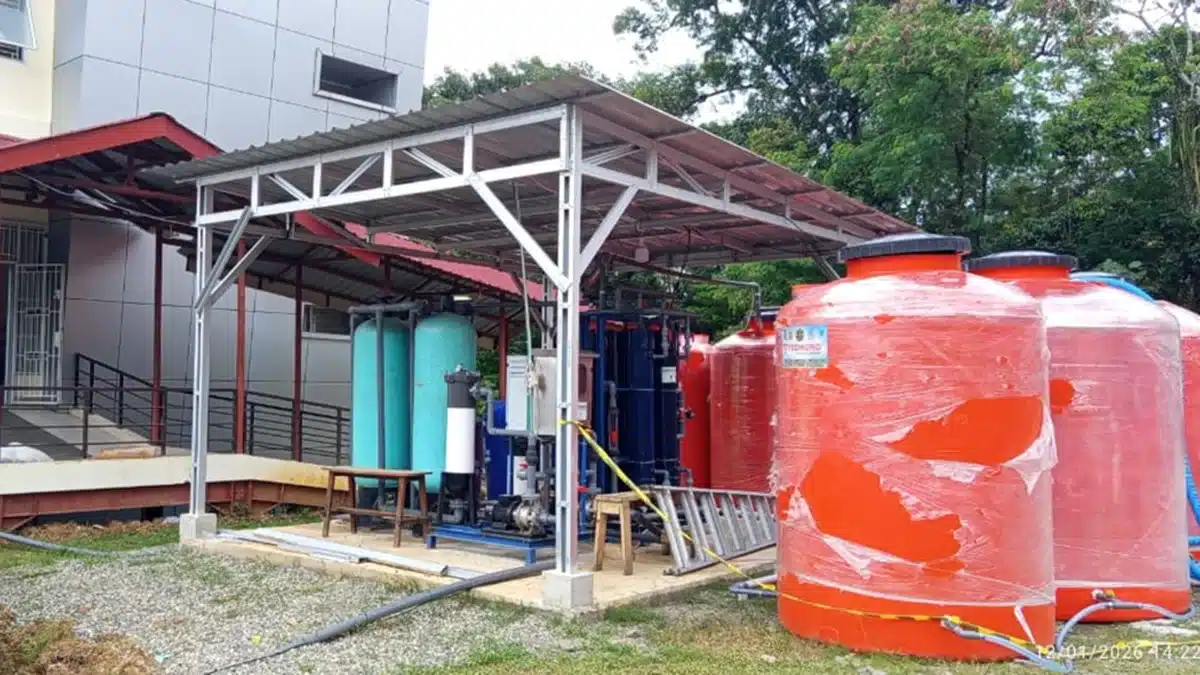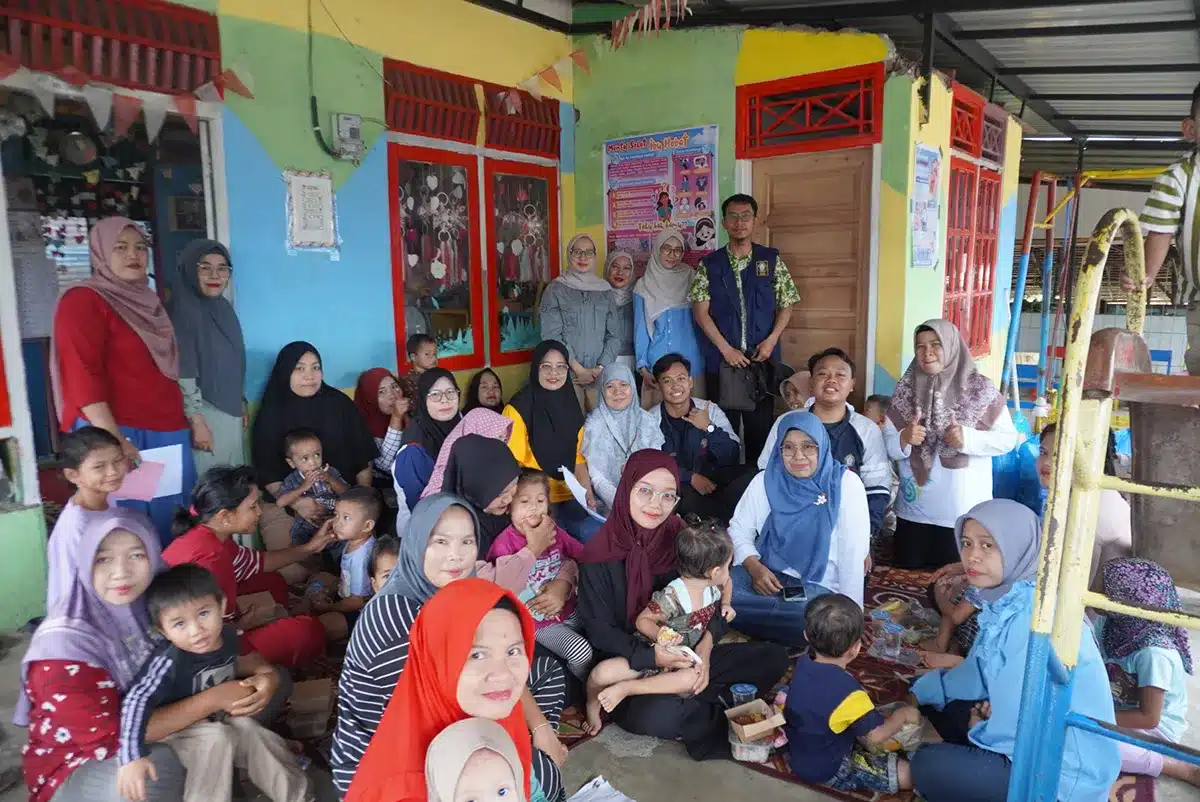Business facilitates meeting basic to tertiary consumption needs, economic growth, employment, and driving innovation, but is also a contributor to carbon emissions, waste generation, and various sea, water, air and soil pollution which trigger natural disasters, health problems and decrease in people’s quality of life. For this reason, changes in strategy and business operations are required towards proactive sustainability, where sustainability is part of corporate governance which requires good, clear and measurable systems, mechanisms and ways of working for both short and long term interests. Sustainable business parameters are formulated based on the triple bottom line. This was conveyed by Bulan Prabawani, S.Sos., M.M., Ph.D. in the Plenary Session of the Presentation of Scientific Papers for the candidates of Professor at the Diponegoro University, with a title “Mainstreaming Sustainability in Business”. The Plenary Session was organized by the Undip Boards of Professors, Tuesday (8/11).
“Sustainable business needs to be implemented in all sectors including agriculture and livestock, as well as fisheries. Agroforestry in Temanggung and Magelang provides higher income than monoculture, especially with a combination of perennials, commodities and fruit, namely Sengon/Suren, Coffee, Tobacco, Avocado and Durian, although livestock management has not been integrated with agriculture,” she said.
She further said that the implementation of sustainable business depends on an institutional approach in the form of regulations, policies, facilitation, and government support because business people often face the choice to stick with implementing a sustainable business with unpredictable output and opportunities to just pragmatically get the highest profit. However, the character and behavior of business actors and consumers is influenced by subjective knowledge and norms which then influence the attitudes and desires of consumers to buy or not buy a product.
Next, in a scientific presentation entitled “The Role of Biomass Waste Treatment Technology in the Development of New and Renewable Energy”, Dr. T. Ir. Indro Sumantri, M.Eng. stated that Sustainable Development Goals is a guideline for businesses or activities so that development does not reduce the quality of the environment. The increase in population and industry has reduced the quality of the environment as well as increased demand for energy. The treatment of wastewater with high levels of organic compounds is carried out by means of a biological anaerobic process. They choose the anaerobic process because it is suitable for high organic content and also the end product of degradation produces biogas.
“Aerobic wastewater treatment has been carried out in both the Up-flow Anaerobic Sludge Blanket (UASB) reactor and the Anaerobic Baffled Reactor (ABR). Both reactors have been applied in industry to treat high concentrations of wastewater. The development of the anaerobic process is the acquisition of energy resulting from the degradation of organic compounds, namely biogas,” he explained.
“While the abundance of agricultural solid waste also provides an opportunity to make biobutanol compounds as new renewable energy, biobutanol has better quality when compared to bioethanol. The production of biobutanol is carried out by fermentation using Clostridium genera microbes. Both biogas and biobutanol are renewable energy with great potential to be developed as a new energy source for Indonesia because currently fossil energy sources are limited, so they have to import to meet demand,” concluded Dr. Indro. (Lin – Public Relations)








